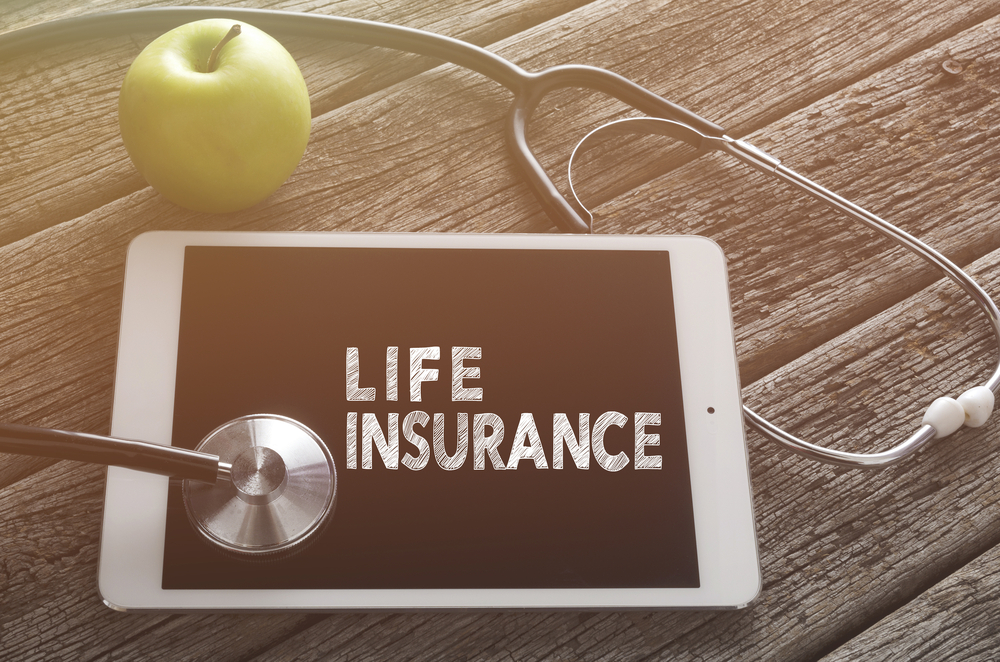Part of the underwriting process for life insurance policies requires you to take a medical exam. The health classification you get is primarily determined by your current health status as well as your medical history. Your health classification, in turn, impacts the life insurance rates you’ll pay. Getting favorable results in your medical exam translates to paying lower premiums for your policy, so you should ensure that you’re well prepared for the exam. Here are some handy tips on how to go about it.
What to Expect
As part of the medical exam, you’ll be asked about the medications you’re taking, recent medical treatment, and your health history. The exam can be conducted at your home, workplace, or the location of the firm that’s conducting the exam. The exam takes 20 to 30 minutes, and it’s quite similar to the usual annual physical exam conducted by your doctor. Your vitals will be checked along with a urine and blood test. Your weight and height will be recorded as well. The physical exam is straightforward and noninvasive.
Can You Fake the Results?
No, your insurer will evaluate your medical records, and during the exam, your urine and blood will be taken on the spot. Additionally, even if you succeed, that can have negative consequences for your loved ones in case you die because the insurer will then have a strong basis for contesting your policy’s payout.
How to Prepare for a Life Insurance Medical Exam
Note that you can’t really “pass” or “fail” the medical exam. Your results will influence your insurance rates, but they are hinged on your health and other elements that you mostly can’t control. However, there are a few steps you can take to be at your best:
What to Do in the Weeks Before the Exam
- Drink lots of water: Adequate hydration will help clear toxins and dilute concentrations of protein and sugar.
- Limit salt intake: Too much salt can lead to dehydration.
- Eat a balanced and healthy diet: A diet that’s rich in fruits, vegetables, low-fat dairy products, and whole grains can help lower blood pressure.
- Limit alcohol: Drinking excessive alcohol can elevate your blood pressure and make blood pressure medications less effective.
What to Do a Day Before the Exam
- Avoid nicotine and alcohol: Both of these can raise your blood pressure.
- Avoid red meat and other high-cholesterol foods.
- Avoid over-the-counter medications like nasal decongestants and antihistamines. These kinds of medications can elevate your blood pressure.
- Get adequate sleep as sleep deprivation can increase your blood pressure.
What to Do on the Day of the Exam
- Avoid caffeinated drinks such as soda, coffee, and tea.
- Drink plenty of water – It’s generally easier to provide blood and urine samples when you’re well-hydrated.
- Avoid strenuous exercise – An intense workout can elevate your blood pressure leading to a false reading.
- Wear light and loose-fitting clothing that will make collecting your blood sample and checking blood pressure easier.
What to Bring to the Exam:
- Your Photo ID: You’ll need government-issued identification documents like a passport, driver’s license, or state-issued ID.
- Medical information: Prescription medications, physicians’ contact information, a list of all your medical conditions, and treatments.
- Prepare to share your family’s medical history.
The medical exam is quite simple, and it’s worth taking if you hope to get the best life insurance rates. Thanks to the 30-minute hassle-free exam, you can save on your insurance premiums for many years to come. Our experts at Donald Weiss Insurance Services will help you find a life insurance policy that suits your needs. Contact us today to get started!

